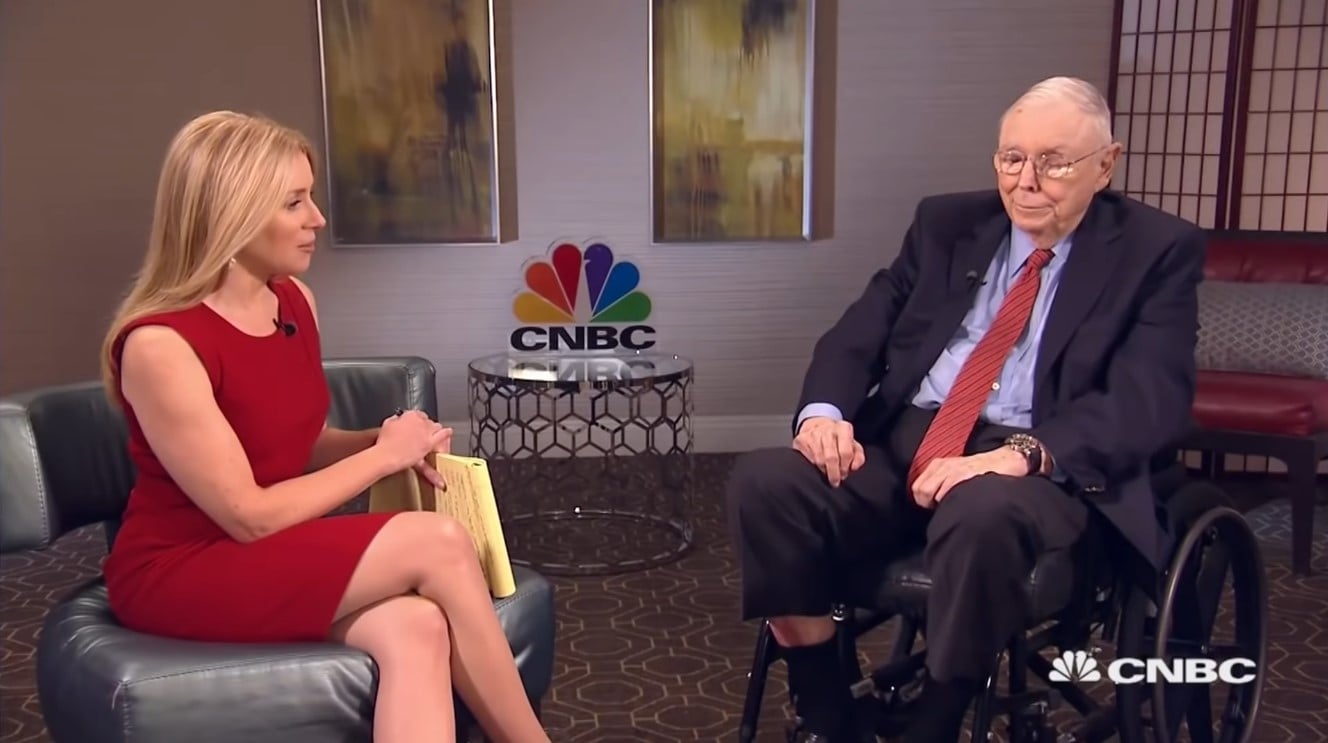In fourth grade subtracting negative numbers perplexed me.
Q2 2020 hedge fund letters, conferences and more
Subtract negative five from ten and get fifteen?
Charlie Munger's Math: 10 - (-5) = 15
How could a “take away” result in addition?
How could less be more?
How could the loss of a negative be a gain?
“People Do Not React Symmetrically To Loss And Gain.” --- Charles T. Munger
I could perform the operation by rote.
But I could not understand how subtraction could result in addition.
When my daughter entered fourth grade she asked the same question.
I thought awhile.
“Throw a party.
Don’t invite party poopers.
Have a better party.”
We laughed.
She got it.
And I got it, too.
There is something in our nature that does not love a loss.
That does not perceive how less could be more.
It is not intuitive that forgiven debt is income.
But it is.
Ask an accountant.
Psychology of Loss
There are compulsive hoarders.
But no compulsive discarders.
Neither things nor ideas.
“Tradition! Tradition! Tradition!” --- “Fiddler on the Roof” (1964)
The aged, dying and depressed give things away.
Toddlers scream, “That’s mine!”
Giving up everything can be a prelude to suicide, psychosis or death.
“Tore up all his money.” --- Chico Marx as Binelli, fending off a representative of the We Never Sleep Collection Agency in “Room Service” (1938).
Tradition?
Could the opposite of tradition be chaos?
Psychologist Jordan Peterson thinks so.
“Without our traditions our life would be as shaky as a fiddler on the roof.” --- Zero Mostel as Tevye in “Fiddler on the Roof” (1964)
Law School And Laws of Physics
In law school I learned the concept of “natural law:”
By examining legal questions intuitively we might derive “natural law” to guide civilized life.
As a pre-med I studied physics where laws can be either intuitive—gravity—or counterintuitive---electricity, relativity.
Intuitive ideas can be true or hopelessly false.
Proven false by rigorous testing.
But endure because of tradition, hope or prejudice.
The failings of our “cognitive apparatus,” again quoting Charlie Munger.
“Any Year That You Don’t Destroy One Of Your Best-Loved Ideas Is Probably A Wasted Year.” --- Charles T. Munger
In his new book, “The Psychology of Money,” Morgan Housel describes The Wall Street Journal’s Jason Zweig’s work with Nobel Prize winning psychologist, Daniel Kahneman.
Instead of reworking a weak chapter Professor Kahneman discarded it summarily and wrote a new one.
Zweig asked how he could do it so facilely.
"I Have No Sunk Costs." --- Daniel Kahneman
Brilliant!
How freeing for science.
How dangerous for law, culture or government.
Charlie Munger honors the Ancient Greeks, Judeo-Christian religion and the Founding Fathers.
Ben Franklin and Lee Kuan Yew.
"If It's Trite, It's Right." --- Charles T. Munger
“Don’t throw out the baby with the bathwater.”---Thomas Murner, Narrenbeschwörung (Appeal to Fools) (1512)
Nothing sadder than “Kindertotenlieder (Songs Upon the Death of Children)”---Gustav Mahler (1904) from texts by Friedrich Rückert (1833-34)
Shortest and Saddest Story Ever Told
“For sale.
Baby shoes.
Never worn.”
Attributed, perhaps falsely, to Ernest Hemingway.
Written on a bet with other writers.
Who paid on the spot.
Our sensitivity to loss is rooted in our evolutionary past.
Mammals mourn.






